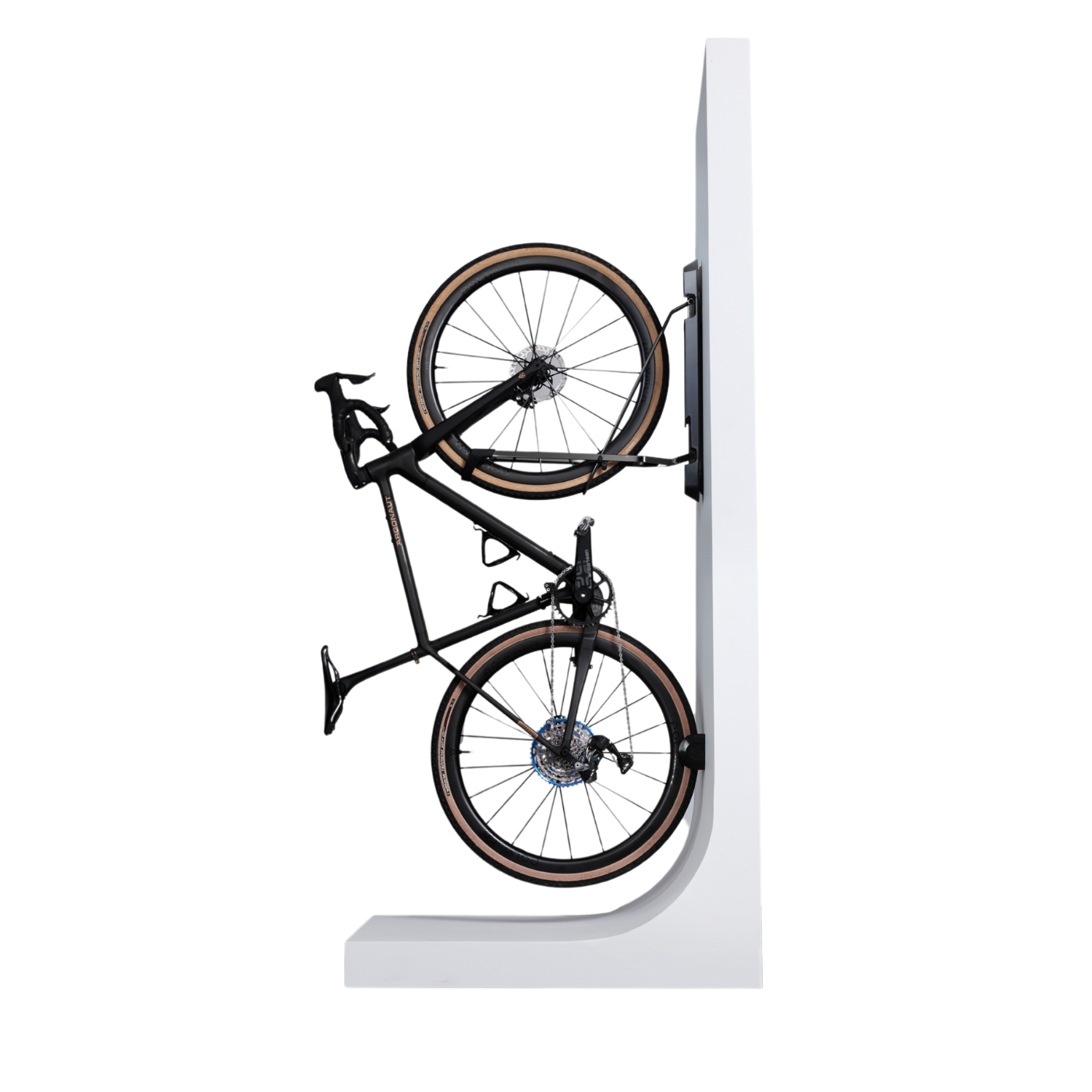Madrid wants less cars and more bikes
Late last year, Spain’s capital city of Madrid created a “low-emissions zone” in its city centre, with the intention of reducing its nitrogen dioxide levels by 23%. All by 2020. Ambitious right? This may be a direct result of a report published in 2018 by the European Environment Agency regarding Europe’s air quality and the shocking statistic that there were 8,900 premature deaths in Spain in 2015. These deaths were a direct result of Spain’s high level of nitrogen dioxide. Inés Sabanés, the councillor for mobility and the environment in Madrid says that “Air quality has been breaching acceptable levels for 10 years. There’s research that shows clear links between pollution peaks and hospital admissions. It has a very clear effect on health – on the number of deaths and premature births.” Madrid’s strategy of banning cars from entering the newly created zone that are registered prior to 2000 and ones that run on diesel, registered prior to 2006, is sure to generate some positive results. Residents and taxi’s will be excluded from the ban that is not just about cleaner air, but noise reduction and opening up the public space in the heart of the city. Madrid’s direct action will reduce pollution and addresses climate change in a way that will positively impact cyclists, pedestrians and public transport. It might seem like a small step, but by 2020 it will be a big win. What’s not to love about that? With the hopes of more people starting to walk and ride bikes, the direct result can be a reduction of asthma related symptoms in both the long and the short term. As urban drivers slowly trade in their old cars for bicycles, they’ll see a rise in improved health, more breathable air and less congestion on their roads. What’s not to love about that? Madrid may be setting a strong example for the with their bold strategy, but they’re not the only ones. In May of 2018, Hamburg, German banned older cars that ran on diesel from two of their main roads. The first city in Germany to do so. Athens, Paris and Mexico City have all aligned with Madrid by pledging to ban diesel cars from their roads by 2025. What’s your city doing to help?








